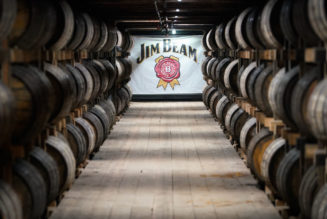Columnists
Cabinet move to waive animal feed import costs a boost to dairy industry
Friday August 11 2023

President William Ruto and the cabinet secretaries during a Cabinet Meeting at Sagana State Lodge, Nyeri County. PHOTO | PCS
I may be domiciled in the energy sector, but I am also a dairy farmer qualified enough to confirm that the Cabinet decision made this week at Sagana State Lodge to waive import taxes on animal feeds inputs will hasten the revival of not only the dairy industry but also pork and poultry.
These animal sectors have for quite some time been under minimum maintenance due to scarcity of quality feeds and unusually high prices. It has been an effort in futility for livestock farmers.
Earlier action by the government to subsidise fertiliser costs will strengthen the animal feeds industry mostly on account of increased production of maize which is the main fraction in animal feeds formulation.
Assisted by good rains and reasonably priced fertilisers, I can confirm that I have trebled maize silage production on my farm, which is a great plus for milk yields.
Long term, I believe Kenya can target growing its own animal feeds inputs and reduce reliance on imports, especially protein inputs (soya, sunflower, canola, cotton seed etc), which are also used in cooking oil production, a sector which has also been limping as the country spend many dollars on imports of oil.
Going forward, it may be necessary for Kenya’s food security assurance to institute an Oil Crops Directorate to ensure national self-sufficiency in cooking oil and animal feeds production.
Once Kenya strategises to be self-sufficient in maize and oil crops, it should be prepared to modify EAC trade protocols to protect local produce against unfair imports from the region, including milk.
Our neighbours command an unfair competitive advantage due to unusually favourable weather and permissive land tenure systems.
Managing end-user competition for maize between ugali and animal feeds demands is important and may require policy decisions to ensure an equitable supply of maize to the two demand segments.
Solutions may include differentiation of maize crop varieties, including GMO varieties if citizens are correctly educated and convinced on matters of biosafety.
Meanwhile, it was impressive how Cabinet decisions at Sagana were communicated within hours of the meeting, for indeed it is easy for the government to walk along with a sufficiently informed citizenry.
Efficient and prompt communication keeps the public informed firsthand of what services to expect, and changes taking place in governance and service delivery.
It also adds justified pressure on ministries to implement Cabinet decisions on a timely basis. Yes, it is an effective leadership style.
George Wachira, Petroleum consultant, [email protected]









